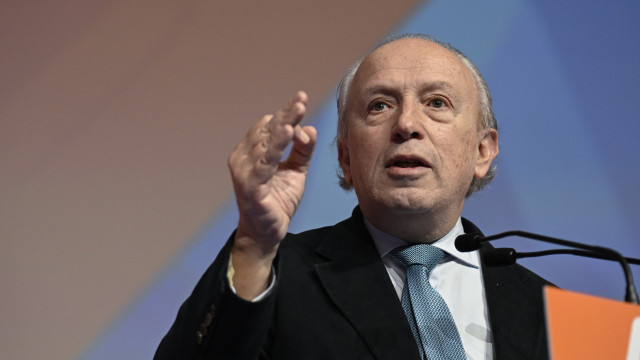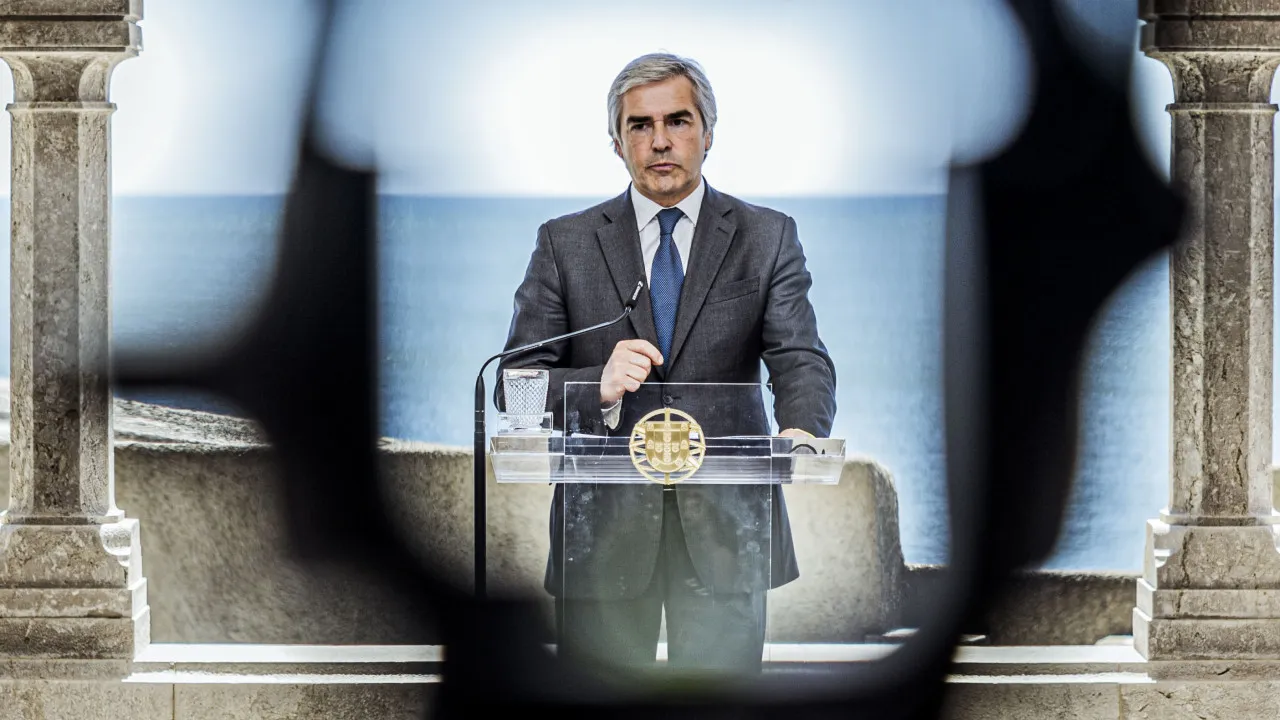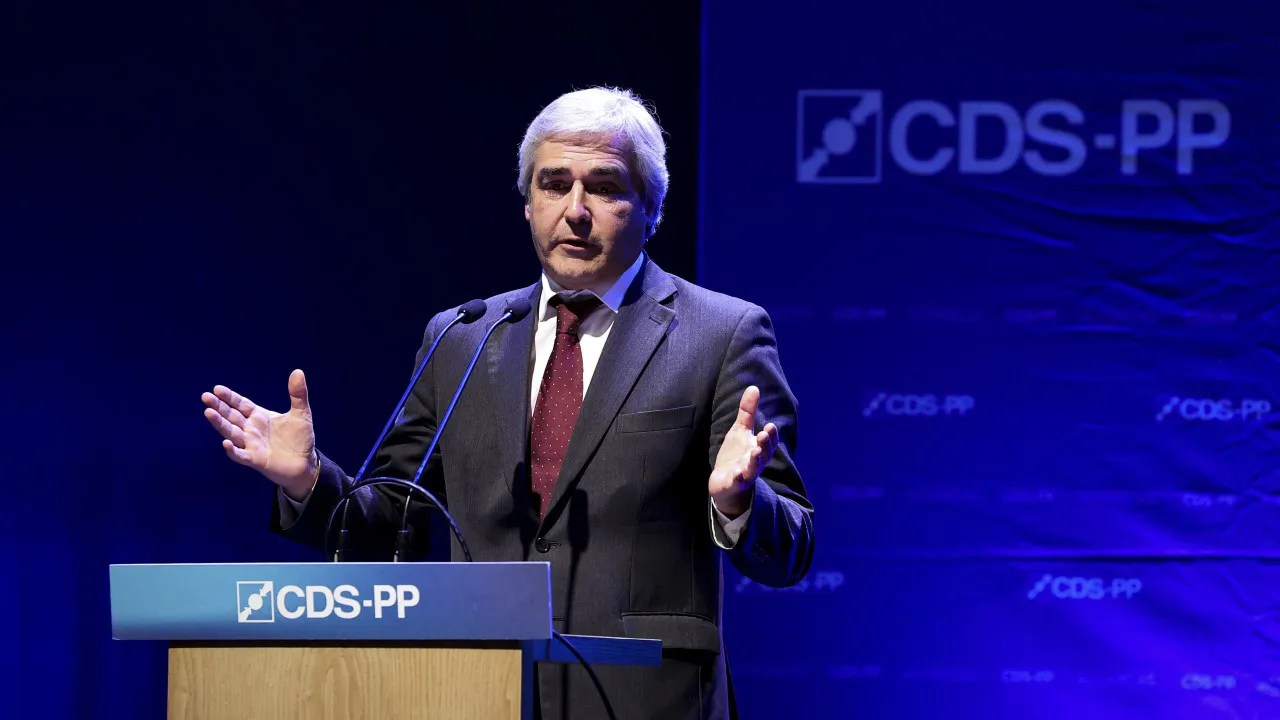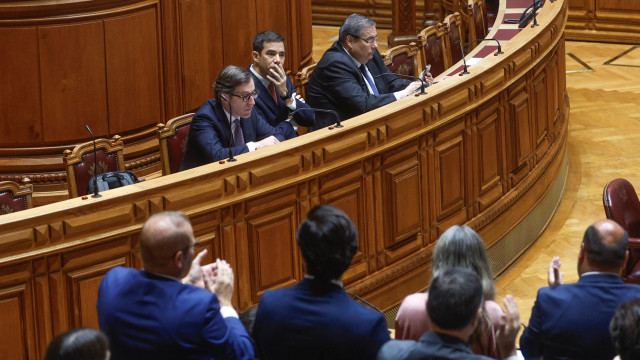The PSD begins today four days dedicated to health, which include visits by Luis Montenegro to hospitals and health centers, and the presentation of “a document framing the policy guidelines” for the sector.
This morning a meeting of the PSD Permanent Commission – the PSD’s innermost core – is scheduled to focus on health, followed by a press conference, on the day one year after Montenegro was elected president of the Social Democrats in Congress.
Last Thursday in Brussels, the Social Democrat leader announced that the party would present this week “a framework document of policy guidelines that can stop the deterioration of the National Health Service (NHS) and the provision of health care to the population.
“As the Public Finance Council eventually recognizes, management in the health area has been particularly inefficient. With more money, we can’t meet people’s needs in terms of consultations, surgeries, and even family medicine – more and more Portuguese people don’t have access to a family doctor,” he said.
This afternoon, Montenegro will visit the Garcia de Orta Hospital in Almada (Setúbal) and, on Tuesday, the Algarve University Hospital Center in Faro, and the Bial company in Trofa (Porto).
The program, not yet fully disclosed, will continue until Thursday, ending with the debate set by the PSD in the Portuguese Parliament, in which five draft resolutions already delivered last week will be discussed and voted on.
The recommendations to the Government (which do not have the force of law) focus on the strengthening of the SNS, the generalization of family doctors, access to medicines and continuous and palliative care, and the reduction of waiting lists for surgeries, consultations, and exams.
The PSD recommends to the government, for example, that “the entire revenue obtained from the tax on non-alcoholic beverages and 3% from the tax on tobacco” – which it estimates at 100 million Euros per year – be devoted to health promotion and disease prevention, through information campaigns.
The social-democrats will also resume the defense of Public-Private Partnerships, whether for the private management of public units or for the direct delivery of health services, “whenever such options are more advantageous, in terms of the binomial quality-costs”.
Including in the remuneration of NHS medical workers “a reward based on the production achieved and the health gains obtained” or the creation of a Health Charter (an updated database of health infrastructures and equipment, public, private or social) are other recommendations.
In the access to continued and palliative care, the PSD asks the Government, with concrete goals until 2026, to reinforce the number of beds in the two areas and the financial contribution of the State.
To reduce waiting times for surgeries, consultations and exams, the social democrats advocate additional incentives for the recovery of planned care activity in the SNS and the signing of contracts with private sector entities, the social sector and self-employed professionals “whenever the maximum guaranteed response times are exceeded.
The PSD also wants the government to “fulfill the Prime Minister’s promise, made in 2016, to assign family doctor to all Portuguese”, if necessary using the social and private sectors to ensure, by the end of this year, universal coverage of the entire population.







